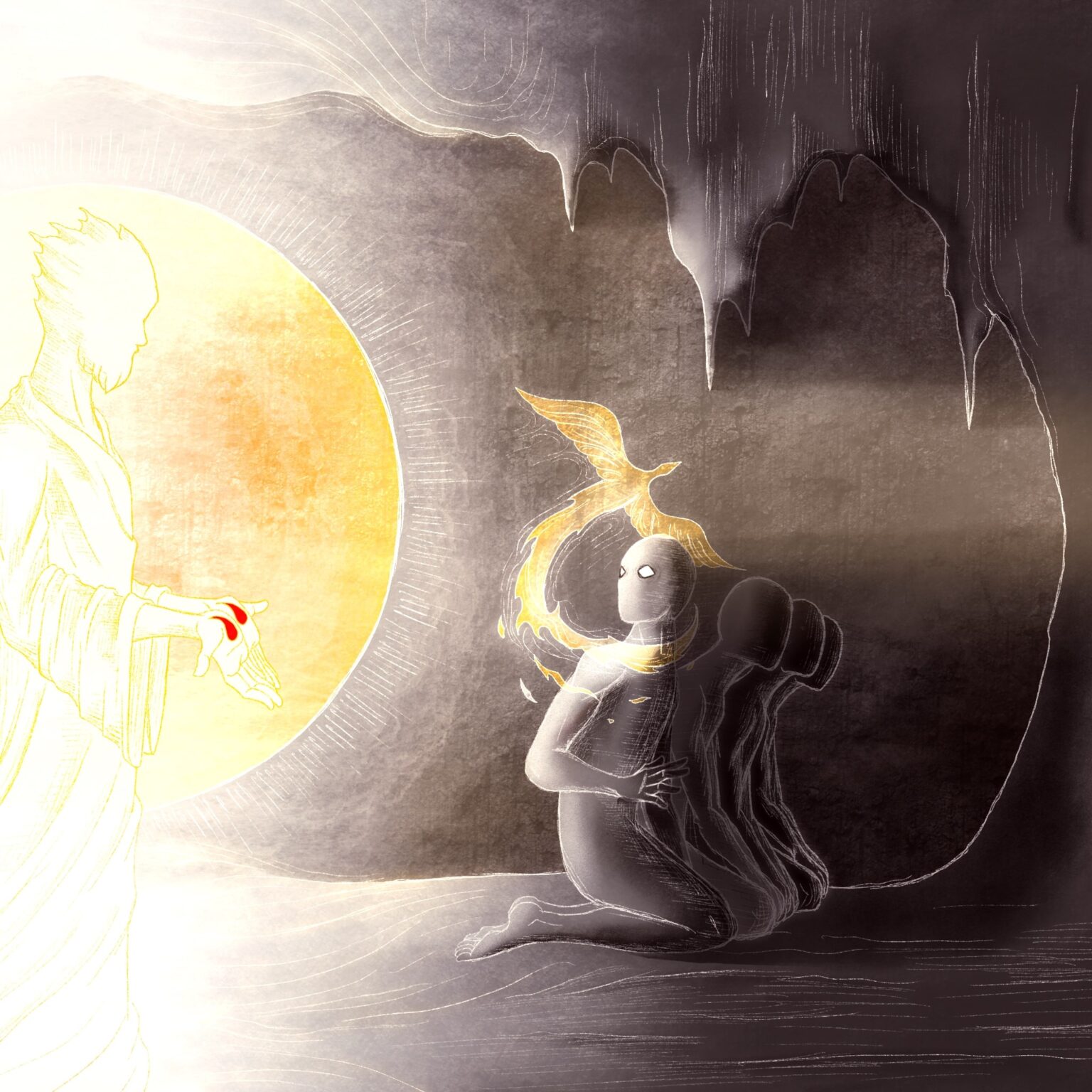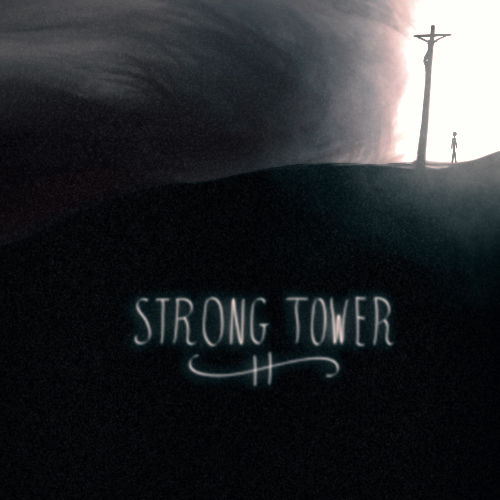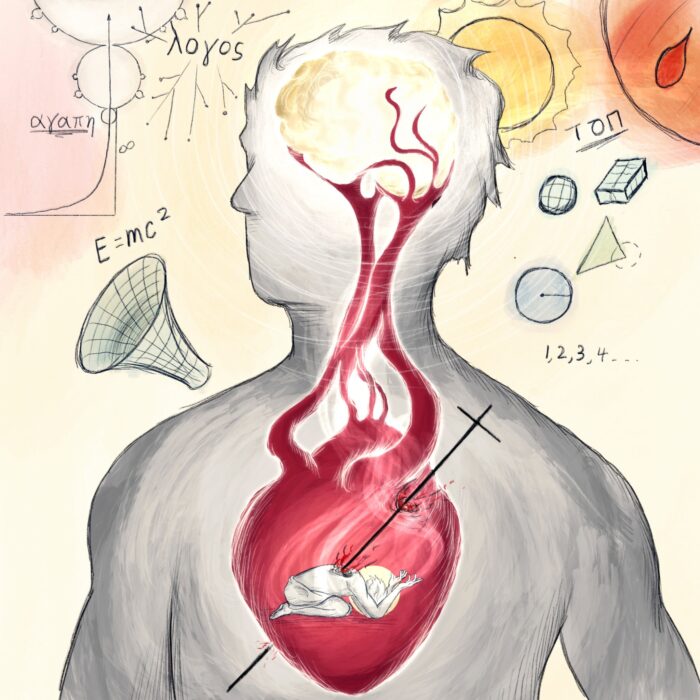
Proverbs 9:10, “The fear of YHWH is the beginning of wisdom, and the knowledge of the Holy One is insight.”
Many of you probably recognize this, but today’s picture is built on Plato’s famous “analogy of the cave”. Briefly, the analogy presents a cave in which people sit facing the back wall. The bright light of the sun streams in behind them, but they have never turned around and so they believe that all there is to reality are the shadows that the light casts on the wall before them. They see shadows of themselves, of people walking back and forth, of trees, etc. etc. But to them, reality is the cave and the shadows.
Now, in this cave people study the shadows, measure the shadows, make interesting observations and theories about the shadows, and even perceive truly beautiful things about them. However, they cannot make any meaningful progress because they are only ever in a cave and only ever working with shadows…The task of the philosopher, Plato would say, is to come alive to the world outside the cave. The philosopher must turn around, as it were, and leave the cave and go out into the Sun. There they see the true things, the real and permanent things, in relation to which all that the cave dwellers thought of as real were only the shadows.
Well—to appropriate Plato’s analogy—in Proverbs 9:10, we are told that the only way to “turn around” and leave the cave is the fear of YHWH (ie, right recognition of who He is coupled with right response to the recognition), and knowledge of the Holy One (which, rightly understood, is synonymous with the fear of the Lord). Until the human soul has come to know the character and nature of the Only True God—and therefore to know itself in light of Him—there can be no true, meaningful wisdom. Oh, there can be wonderful and true insights….insights that consider closely the shadows of the world, wise thoughts about the inner workings of the cave and of our place in it, to be sure….but all thinking, all philosophizing, all study and insight carried out apart from a knowledge of YHWH (I do not say “God,” but YHWH, the personal God of scripture)—all these things carried out apart from a recognition of YHWH as the one from whom, through whom and to whom all things exist will amount to nothing more than musings in the cave.
How does one leave the cave? Proverbs is clear….the fear of YHWH, the knowledge of the Holy One. In other words, until we come to know the person for whom and through whom and to whom and in whom and by whom all of reality exists….we will be unable to truly advance in wisdom and understanding.
And how do we know Him? How do we cave-bound men and women know YHWH? We know Him not because we—by our wisdom—have ascended to Him, but because He—in His Wisdom—has descended to us. He has entered our cave…..the Sun itself—the entire outside world, as it were—has clothed itself in flesh and come to radiate its fullness into our subterranean ignorance through the life of the man Jesus of Nazareth. And He enters not as a King or Philosopher or Ruler, but as a Servant who pours Himself out…..and who—in that life-giving—reveals Himself to be the Wisdom, the Power, the Glory, the Exegesis of YHWH God.
Wisdom and insight are more than just knowledge, they entail an understanding of reality and an application of that understanding to reality. Therefore, we cannot really be said to have begun in these things until we know the character, the nature, the identity, of the PERSON upon whom reality is built and for whom it exists…..and we cannot know this person unless we know Him in the man, Jesus of Nazareth, who dies under His enemies’ hell on the cross and yet rises again, bearing the fruit of fellowship within the heart of God Himself for all of those enemies who will recognize and receive Him. This—He—is the pattern upon which all that is not God is based and toward whom all that is not God points.
It is only when we, by the illuminating work of the Holy Spirit, rightly know and so rightly fear YHWH here, in the man who is crucified and rises again, that we “turn” from the cave wall and see the True Form, the Beloved One from whom all the beautiful forms of thought and shadow within our cave have come, of whom they speak, and in whom they find their appointed consummation.




